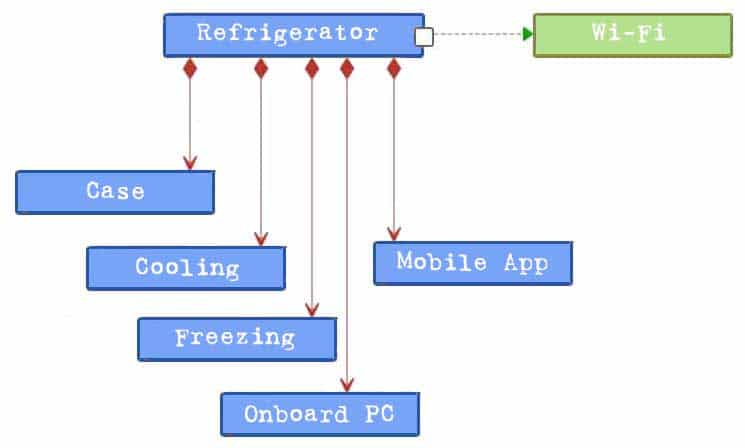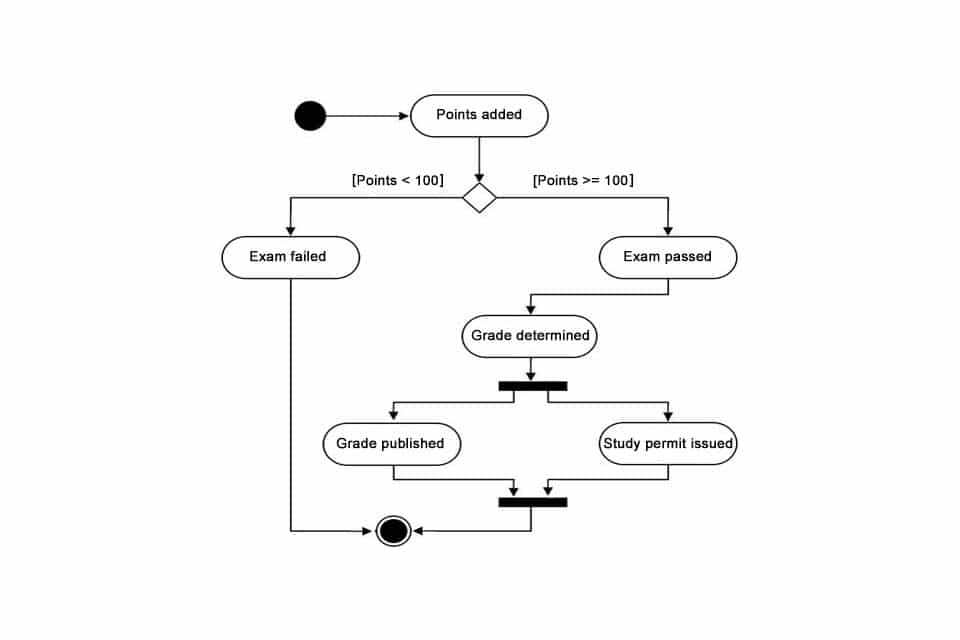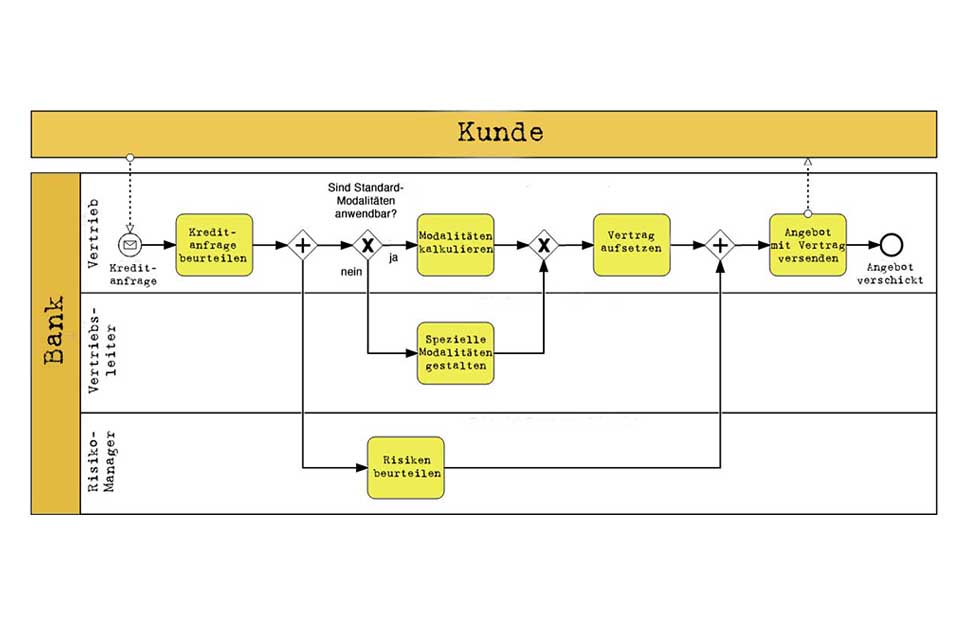What is a Structure Diagram?
Smartpedia: A structure diagram models static components of a system in which the data change but not the structures of the elements and their relationships to each other.
Modeling Static Components
Structure diagrams are all diagrams that model a static component of a system where data changes but not the structures of the elements and their relationships with each other.
The following structure diagrams are available in the Unified Modeling Language (UML):
- class diagram with declarative-static model elements such as classes, types, their contents and relationship types.
- object diagram as a concrete instance of a class diagram at a specific point in time.
- component diagram for the visualization of an organization and the dependencies of components.
- composition structure diagram to display the internal structure of a classifier including existing interactions with other system components.
- distribution diagram to display the distribution of components to computer nodes.
- package diagram for the visualization of packages (namespaces) and their relationships.
The following structure diagrams are familiar to the Systems Modeling Language (SysML):
- block definition diagram
- internal block diagram
- package diagram
- parametric diagram
In addition to the structure diagrams, both the UML and the SysML define behavioural diagrams.
Business Process Model and Notation (BPMN) also knows the term structure diagram. In contrast to the various graphical structure diagrams of UML and SysML, this is an input mask that uses three elements with the structure definition, structure group and structure entry. The structure definition describes a business object, whereby views of class or data models can be used. A structure group represents entries within a structure definition. The structure entry names one or more properties of the business object.
Notes:
If you like the article or would like to discuss it, please feel free to share it in your network. And if you have any comments, please do not hesitate to send us a message.



